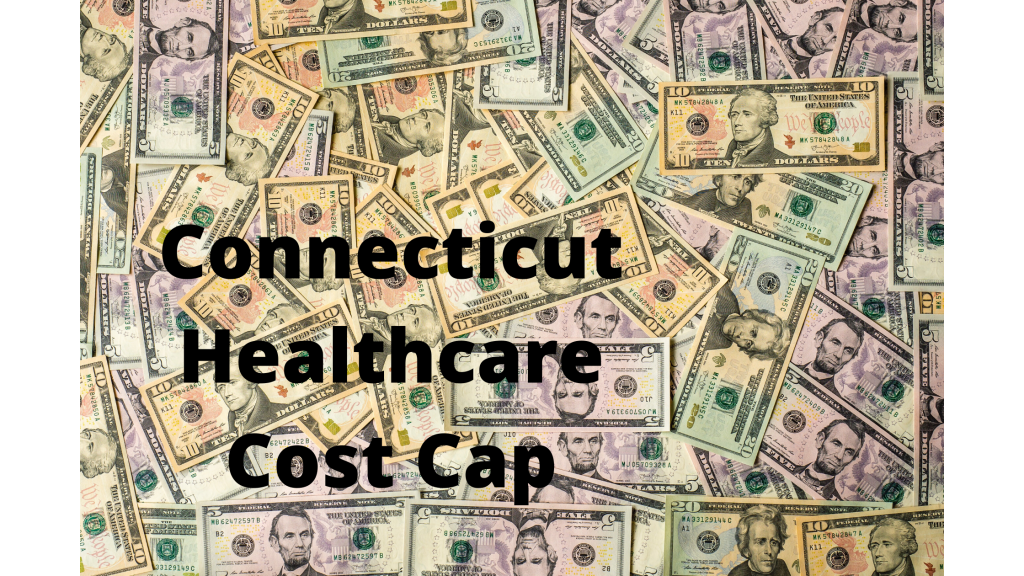Search results for: cost cap
Cost Cap finds drugs driving up healthcare spending, but we knew that, and their numbers are misleading
The latest analysis by Mathematica for the Office of Health Strategy’s plan to cap healthcare costs used a small slice of a small slice of Connecticut’s drug spending. We already knew, from other sources, that drug spending is a main driver of rising healthcare costs in Connecticut and the problem is skyrocketing prices. OHS’s analysis…
Read MoreNew Cost Cap industry-driven committee gets going
Members of the Office of Health Strategy’s (OHS) latest committee to drive down the growth in Connecticut’s healthcare spending moved past their initial reluctance to engage in their November and December meetings. OHS expects the provider and insurer-dominated committee to agree on ways to reduce their own costs/profits. Hopefully, they do not also use the…
Read MoreCost Cap primary care project only focusing on raising spending, not services
At the October 26th Primary Care Subgroup meeting, in response to questioning by a member, the Office of Health Strategy’s (OHS) consultants repeatedly confirmed that the goal of the Cost Cap provision on primary care is solely to raise spending, not to increase services. Members raised serious concerns about sending more money into the current…
Read MoreNew Cost Cap Steering Committee is industry-driven
The first meeting of the new Steering Committee to guide the Office of Health Strategy’s (OHS) plan to cap healthcare cost growth was uncharacteristically quiet. The meeting started with public comment from the Universal Healthcare Foundation of CT that the committee membership is “not balanced”, includes mainly members with “deep vested business interests”, and lacks…
Read MoreCost Cap finds hospital system costs driving healthcare spending, but we knew that
Download the report In a surprise to no one, the first analysis by the Cost Cap project finds that inpatient and outpatient hospital services are a main driver of rising healthcare spending in Connecticut. Hospital and drug costs have been identified in multiple studies as the main drivers of rising health costs in our state.…
Read MoreCost Cap underservice monitoring plan is very weak, puts people at risk
Download the report This week, the Office of Health Strategy (OHS) unveiled their plan to monitor for unintended consequences of their plan to cap healthcare cost increases. OHS acknowledged in the plan that the Cap “may cause providers to reduce provision of necessary healthcare services so as not to exceed the benchmark.” Only a very…
Read MoreHas MA’s cost cap worked? Should CT copy it?
Download the report The latest reports (here and here) on Massachusetts’s first-in-the-nation cost cap project raise questions about whether it has worked. Since the cap was implemented in 2013, consumer costs are growing faster than overall healthcare, inflation, or incomes. Despite almost eight years under their cost cap, Massachusetts’s out-of-pocket costs and premiums have grown…
Read MorePublic comments critical of OHS’s Cost Cap plan
Several comments submitted on the Office of Health Strategy’s plan to cap healthcare costs during the public comment period raised serious concerns. The concerns echo those raised in previous unanswered letters signed by dozens of advocates. Comments were submitted by CT legal services programs, Gaye Hyre on behalf of the advocate letter writers, and one…
Read MoreAdvocates urge Cost Cap delay for data, safety
A group of advocates sent Governor Lamont a letter about the Cost Cap project today raising new, heightened concerns since our May letter. This follows a similar letter sent last week from Connecticut’s three legal services organizations, which also included concerns about Medicaid’s PCMH Plus program. The Cost Cap is a controversial project of the…
Read MoreOHS committee considers how to sell the Cost Cap to stakeholders
Last week’s meeting of the Office of Healthcare Strategy’s Cost Cap committee, as they are wrapping up the project design, ended with discussion of how to ensure their project is successful in controlling healthcare costs. Despite developing the Cap during a pandemic, there has been considerable resistance and mistrust of the concept and the process.…
Read More


